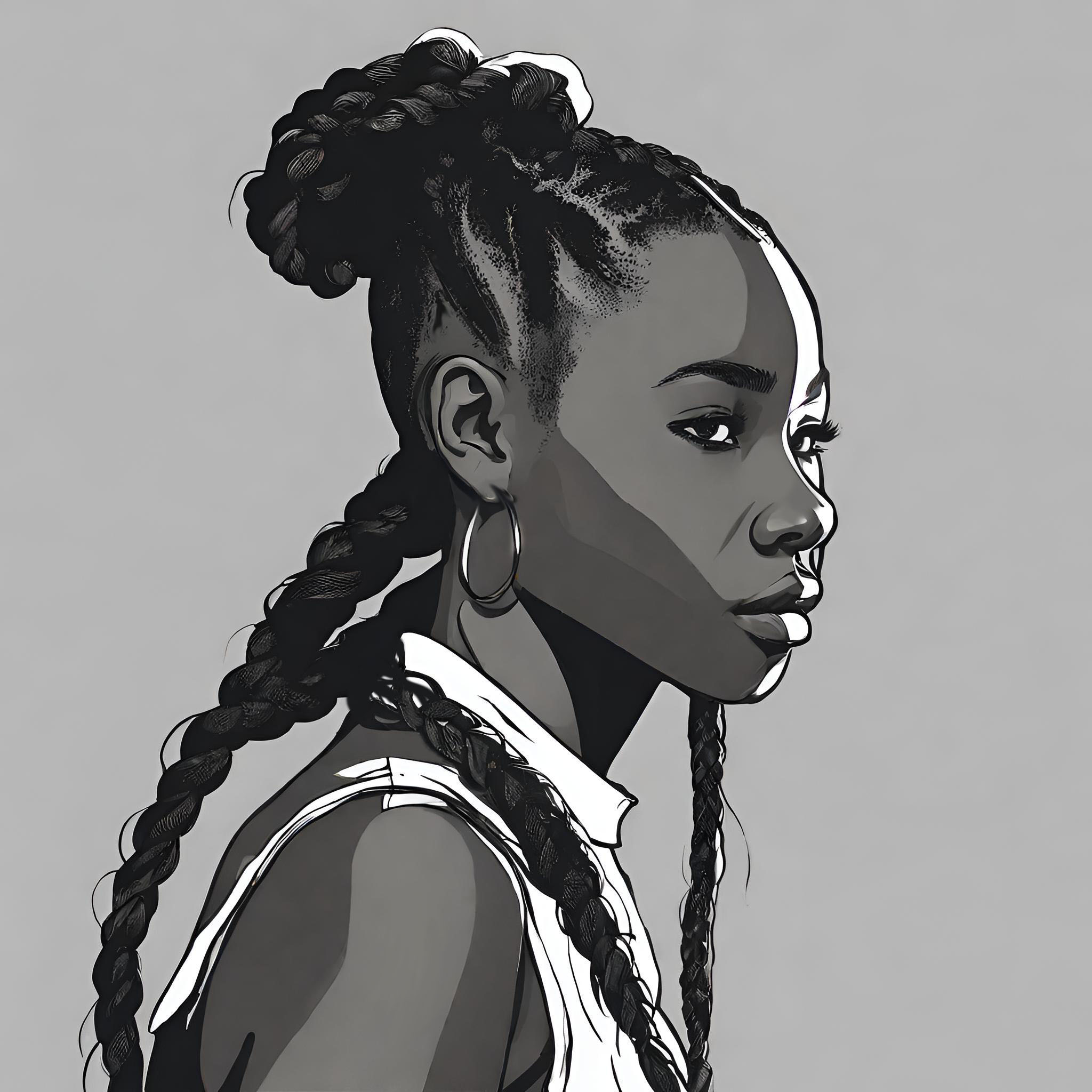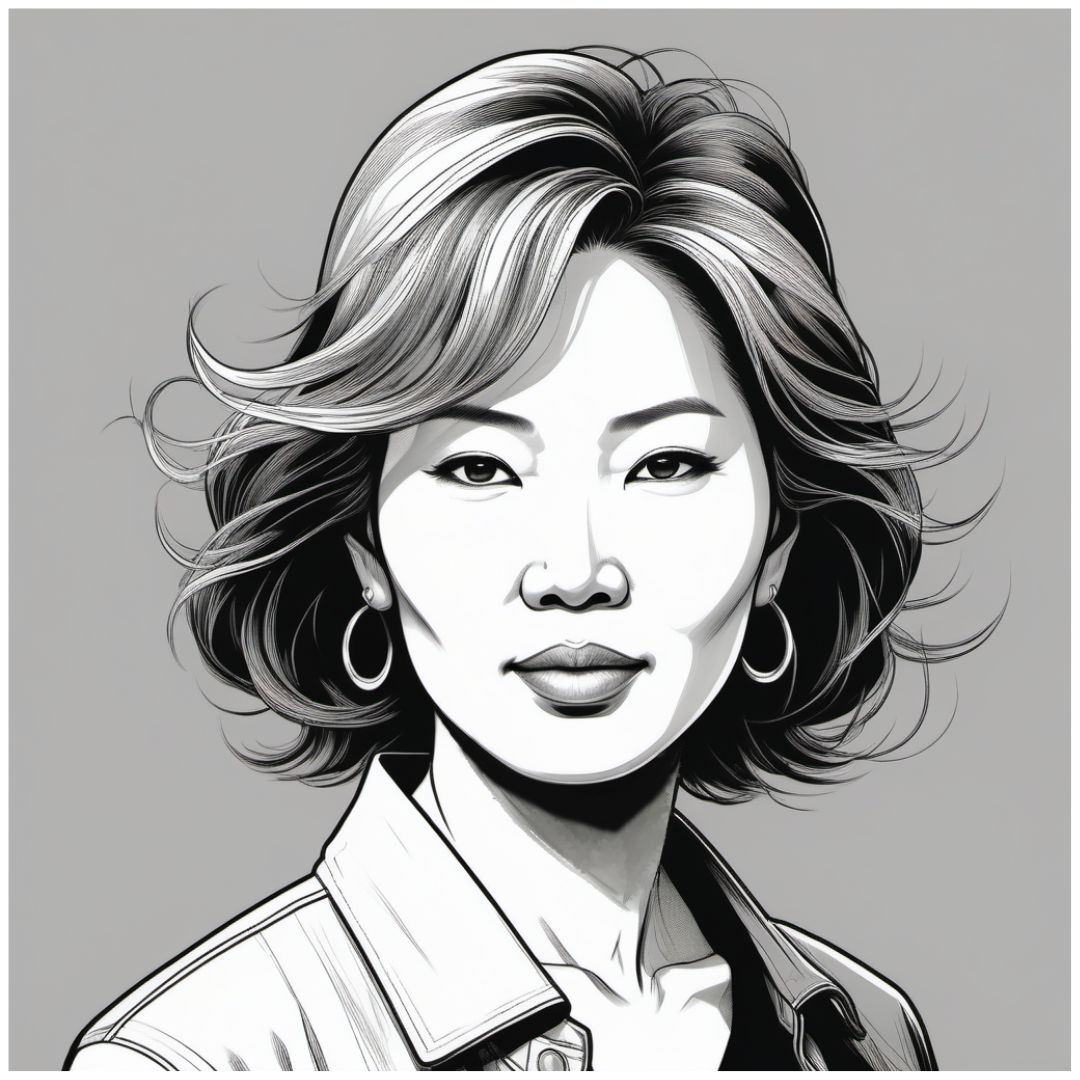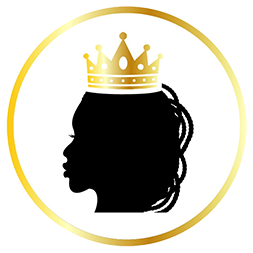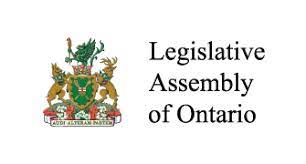ACTRA’s fight for hair and makeup equity
Socially biased beauty standards that have historically favoured light skin, straight hair, and facial features with a proximity to whiteness are inherently anti-Black, and in the context of the on-screen entertainment industry, have resulted in a reality where Black, Indigenous, Asian and People of Colour (BIPOC) Performers often do not receive equitable treatment within the hair and makeup department.
ACTRA has been working to tackle this issue on multiple levels to achieve the overall goal of ALL performers having their hair and makeup needs adequately and consistently met on set.
Throughout summer 2021 and into Independent Production Agreement* (IPA) negotiations with the CMPA and AQPM that fall, ACTRA continued to push for the equitable treatment of Black, Indigenous, Asian and People of Colour members in the application of hair and makeup services on set. While the CMPA and AQPM did agree to issue a joint bulletin emphasizing that producers “should” provide these services to performers, neither party would agree to the hair and makeup equity bargaining proposals made by ACTRA to resolve these issues. ACTRA made the decision to file a policy grievance in December 2021 on the basis that this inaction contravenes our IPA and Human Rights legislation.
*The IPA covers the engagement of performers in all film, television and digital media production in Canada (except in British Columbia, which operates under a separate collective agreement negotiated by ACTRA’s local, UBCP/ACTRA). Click here to read the Joint Bulletin issued by the AMPTP, CMPA and UBCP/ACTRA.
The Hair and Makeup Grievance Arbitration with the CMPA and AQPM took place on May 18 and 19, 2023 in a hearing before Arbitrator William Kaplan, which resulted in a settlement being reached. Read the full News Release here. Some of the key terms of settlement include:
- Five full days of pre-bargaining on hair and make-up issues prior to the renewal of the IPA, where all parties will endeavour to make joint recommendations for consideration by the parties’ respective bargaining teams when we commence IPA bargaining in Fall of 2024. Typically, bargaining the entire agreement takes approximately two weeks. This pre-bargaining ensures that ample, dedicated time will be allotted to finding joint solutions that will result in creating systemic change on sets, through our Independent Production Agreement.
- The creation of a recommended standard of products and equipment necessary for the provision of hair and makeup services to BIPOC Performers
- The creation of a tool to help Producers ascertain the skills and competencies required to work with any BIPOC performers who have been cast.
- The commitment to work with industry partners to explore opportunities and support the development of existing training initiatives with virtual workshops to address the principles of equity in the provision of hair and makeup services.
- The creation of a “Know your Rights” campaign, to remind performers of their rights on set
- Joint efforts from all parties to lobby the provincial governments to update the certification standards for hairstyling and college course offerings for makeup services for BIPOC individuals.
- The commitment to work cooperatively in accordance with Article A503 in the IPA, and address allegation of discrimination and harassment related to the provision of hair and makeup services expeditiously.



If you are an ACTRA member who has been the target of racial and personal harassment as defined in section A503 of the IPA, A405 in the BCMPA, and 511 in the NCA as it relates to hair and makeup, and would like to submit an incident report, please click here:
We recognize that sharing past traumas can be triggering and encourage members to utilize HAVEN Online to access to counselling supports.
ACTRA Panel Discussions
featuring Zabrina Matiru, Michelle Pedersen,
Sadé, Sarah Koppes, Jason Lee, and moderated by
Angela Moore (December 2022)
featuring Roger Cross, Maya Macatumpag, Angela
Moore, Karla Laird, and Viv Leacock (June 2022)
Media Coverage and other updates
International Discourse on Hair & Makeup Equity

The CROWN Act: The CROWN Act, which stands for “Creating a Respectful and Open World for Natural Hair,” is a law that prohibits race-based hair discrimination, which is the denial of employment and educational opportunities because of hair texture or protective hairstyles including braids, locs, twists or bantu knots in the United States.

Black Beauty Roster, Warner Bros. Discovery Set 12 For New Hair And Makeup Department Head Training Program, by Matt Grobar (November 2022)







